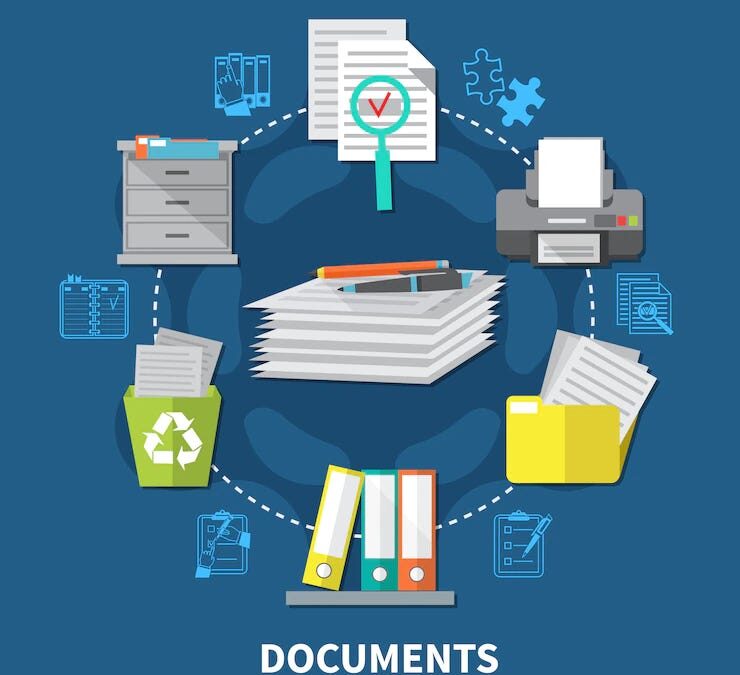Are you considering implementing a Virtual Law Firm? Moving all of your data and your applications to the Cloud will help you accomplish that. But what does “a Virtual Law Firm” even mean? Is there a difference between the Cloud approach and a “hosted” approach? Which option are you really evaluating if you are considering implementing a Virtual Law Firm? And what questions do you need to ask to help make the decision on the best choice for your virtual firm?
Let’s see if we can get this down to some fairly non-technical definitions. (Yes, I know all you techies out there are rolling your eyes.) Working “virtually” generally means you are not working directly on your own local computer. You are connected to a different computer than the one you are sitting in front of, and that different computer is where your applications and your data reside. It is generally your software, and your data, however, simply stored on a different device, and generally housed elsewhere. The provider serves as a “host” for the stuff (applications and data) which you have already purchased, licensed, and created data for.
 Cloud-based computing means you are working on a device, usually a server or group of servers owned by another company, that can only be accessed by you through the internet, and will only run the applications that the provider licenses to you via subscription. The applications are owned by the Cloud provider, not by you, and your data is stored on that company’s computers in the format that their applications specify.
Cloud-based computing means you are working on a device, usually a server or group of servers owned by another company, that can only be accessed by you through the internet, and will only run the applications that the provider licenses to you via subscription. The applications are owned by the Cloud provider, not by you, and your data is stored on that company’s computers in the format that their applications specify.
A 2016 ABA Legal Technology Survey Report reveals that 46% of 2- 9 attorney firms, and 42% of solo attorneys, are using either Cloud-based or hosted applications. Here is how they rated their top 3 benefits:
- Easy browser access from anywhere
- 24 x 7 availability
- Low cost of entry and predictable monthly expense
The adoption trend seems to be continuing. ILTA’s InsideLegal Technology Purchasing 2016 Survey showed 61% of small law firms expect to be cloud-based within the next 1 to 3 years.
Is it time to look at virtual or cloud-based solutions for your firm? Call us at 877-357-0555 to help guide you through the evaluation process and to understand the pros and cons. We work with both types of approaches to the virtual law firm, and can provide some objective recommendations.

Gerri Martin, a member of Crosspointe Consulting Group, LLC holds her undergraduate degree in Accountancy and is a CPA. This gives Gerri the business background needed to understand the financial and management implications of implementing software and business processes. She started working with Attorneys in 1986 and focuses on supporting Attorneys, Law Firms, and Law Departments. In 1990, Gerri obtained a master’s degree in Project Management while graduating with honors. In 1992, she received her PMP certification in Project Management from the Project Management Institute. She is the past Vice President of Professional Development for PMIs Chicagoland Chapter. This project management background lends itself to helping lawyers and their firms streamline their workflow and eliminate needless duplication of effort.



